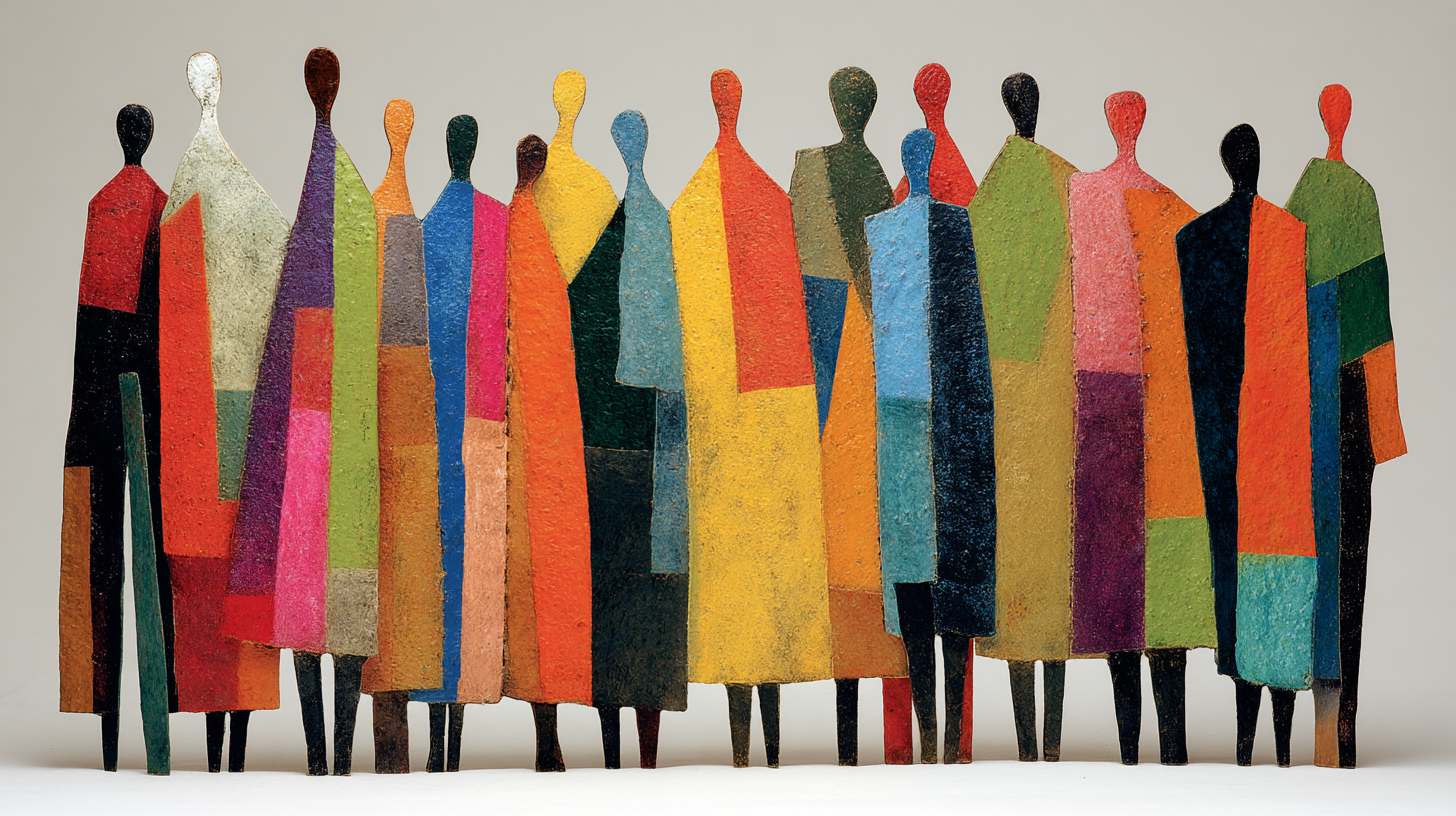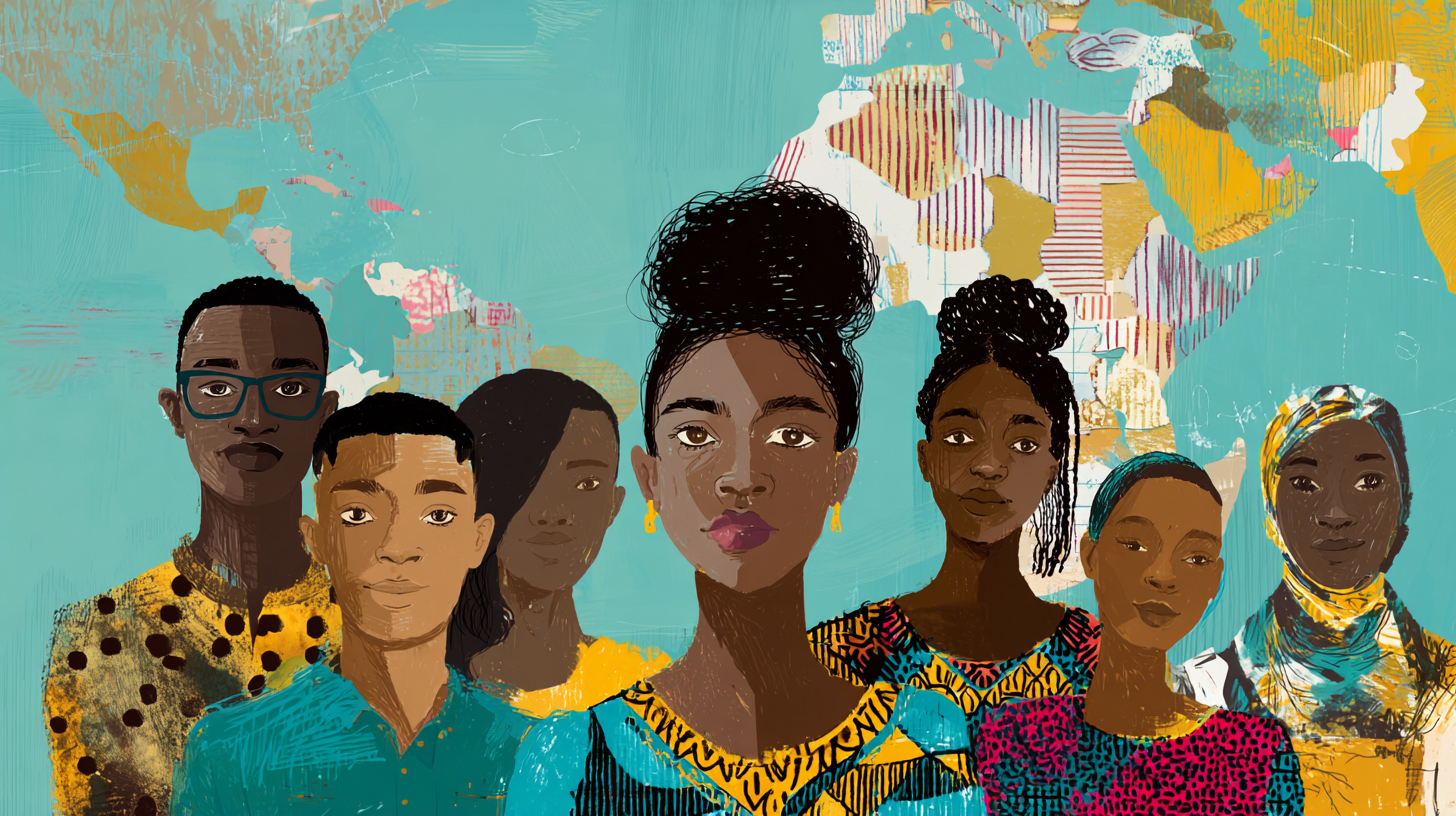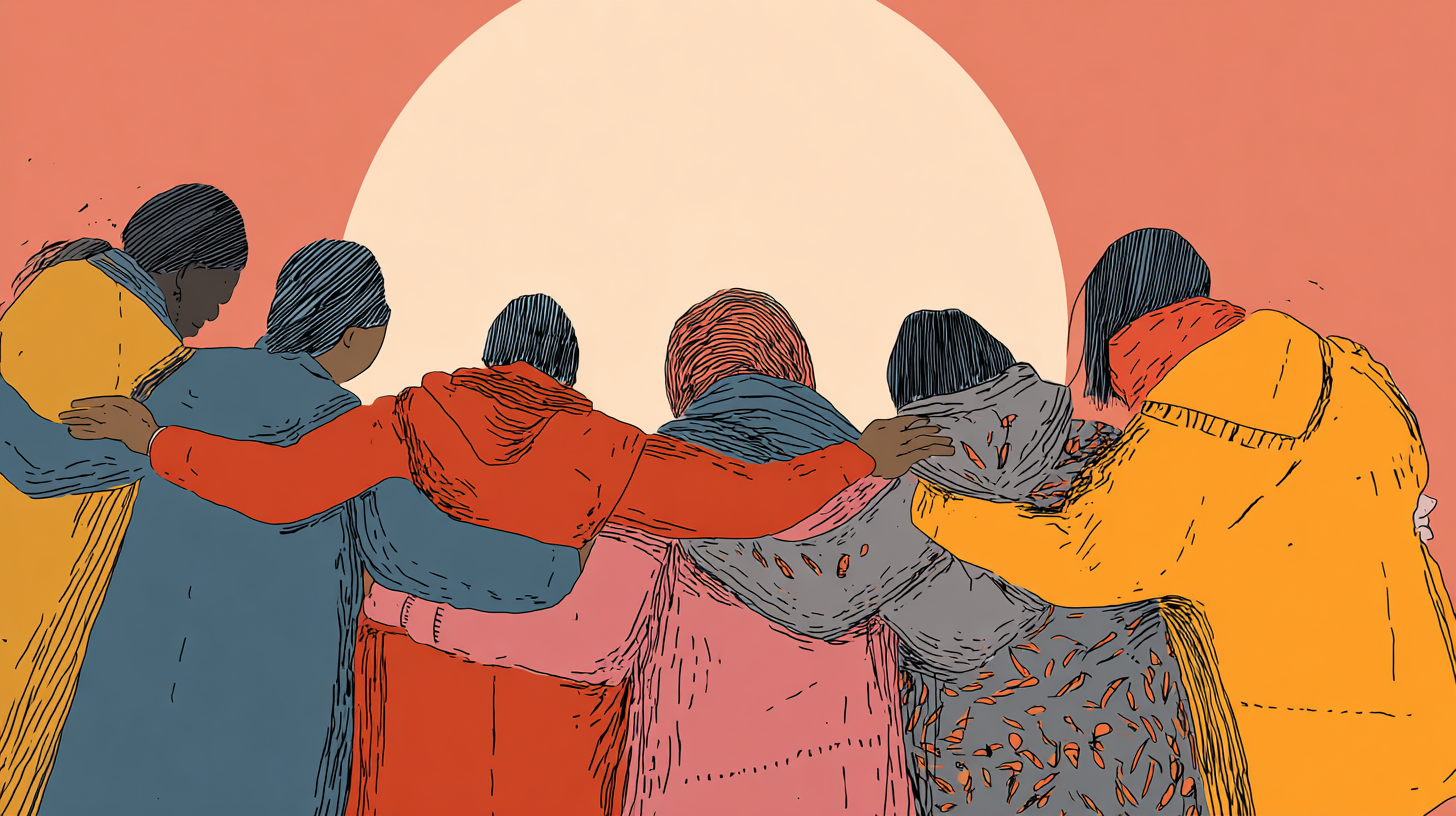The Geneva Learning Foundation
New evidence for the significance for health equity of community-based peer review
In September 2025, The Geneva Learning Foundation (TGLF) launched the first Certificate peer learning programme for equity and research and practice. Health workers, a plurality of them sub-national government staff, came together for an intensive 16-day learning journey. This article shares what we learned by examining community-based peer review feedback between learners. A thirteen-year-old girl…
Written by

“We are the ones who are there every day”: How a global network of health workers is closing the last-mile gap
On March 11, 2026, six years after the world shut down for a pandemic, a private event will reconvene Alumni of the COVID-19 Peer Hub. This initiative, led by more than 6,000 immunization staff, was one of the first ground-up responses to recover from the early impacts of the pandemic on vaccination services worldwide. Froma…
Written by

Investing in our shared future: learning, equity, and solidarity
For a decade, we have worked to transform how professionals learn, connect, and lead change. We have reached tens of thousands of participants in over 100 countries. If you have participated, you experienced the power of peer learning. When health and humanitarian workers support and learn from each other, they grow stronger. This speeds up…
Written by

Artificial intelligence, real racism: why the code can’t fix ‘poverty porn’
The arrival of artificial intelligence in the global development and non-profit sectors has sparked a period of intense ethical reflection around what some are calling ‘poverty porn 2.0’. The challenge is not merely technical but fundamental to non-profit mission. One important question is how to maintain credibility in an era where seeing is no longer…
Written by

Book review: A handbook of learning for transformation
A cartography of learning for transformation The Palgrave Handbook of Learning for Transformation offers a sweeping map of the territory of transformative learning. The editors have curated a massive collection of perspectives that stretch the boundaries of the field beyond its traditional roots in the work of Jack Mezirow. The volume is organized not as…
Written by

What we are learning about diversity in gender and emergencies work
On 18 September 2025, we first announced our new Certificate peer learning programme for gender in emergencies. The first course, a primer on the topic, then launched on 6 October. As of 21 January 2026, the gender community of The Geneva Learning Foundation (TGLF) now reaches 6,592 practitioners. This amazing growth is the result of…
Written by

Implementation science for planetary health
Remarks about implementation science for planetary health by Reda Sadki, Executive Director, The Geneva Learning Foundation at the Centre for Planetary Health’s research corner meeting, London School of Hygiene & Tropical Medicine (LSHTM) on December 17, 2025. Pauline Paterson (LSHTM): We are really delighted to welcome Reda Sadki. Reda is the Executive Director of the…
Written by

How can governments protect and promote mental health and well-being across sectors?
For decades, global health policy has approached mental illness primarily as a clinical challenge, a condition to be managed within the walls of hospitals and clinics by medical professionals. This biomedical focus, while essential, has often obscured the broader context in which mental health is shaped. A new publication from the World Health Organization, Guidance on…
Written by


